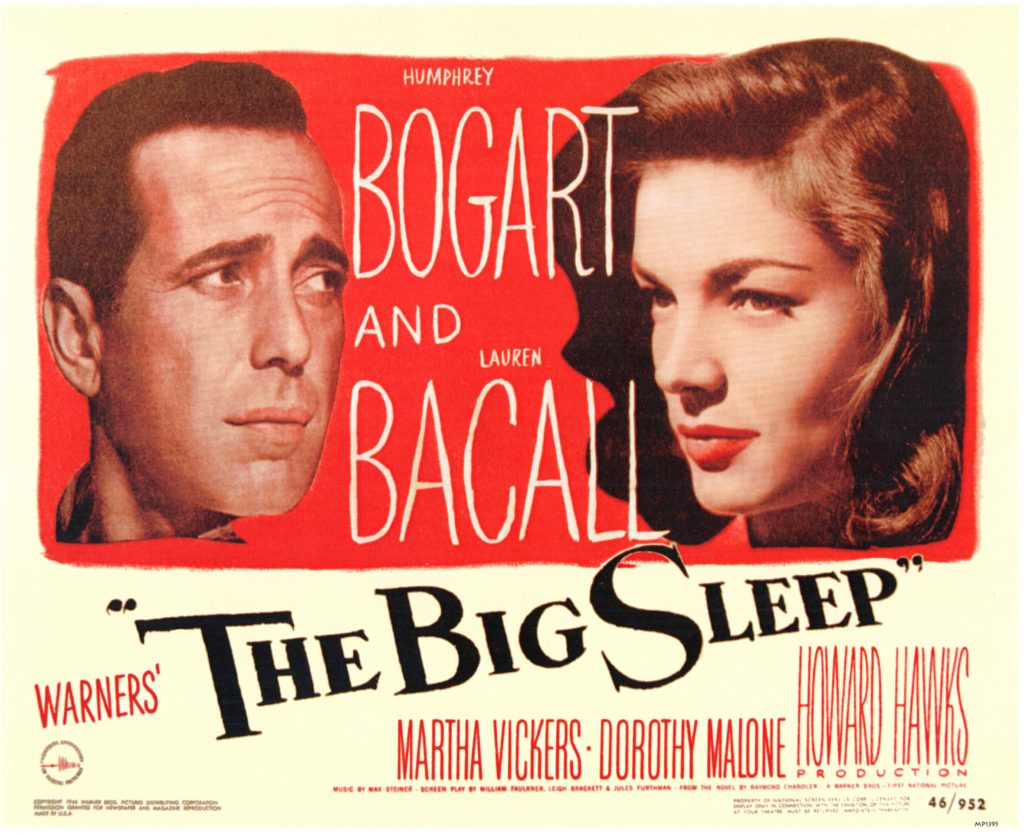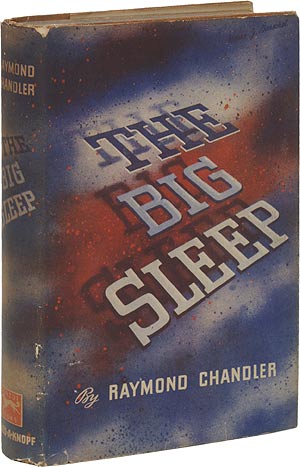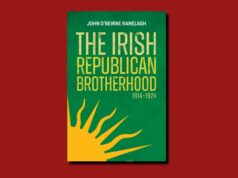Raymond Chandler – A Waterford Man?
Tony Canavan

It may come as a surprise to many that Raymond Chandler (1888-1959) the godfather of hardboiled American fiction, had Irish antecedents. Chandler’s middle name was Thornton, after his mother, Florence Thornton, who came from a Waterford Quaker family as did his father. Florence’s father, Isaac, and brother Ernest were solicitors with offices in Cathedral Square in the city. The Waterford Civic Trust has marked the site of the Thornton legal practice with blue plaques highlighting the Chandler connection. Raymond was born in America and came to Waterford aged two when Florence returned there in 1900 after her marriage in the United States broke up. She later moved to London and sent her son to Dulwich College. Raymond spent some of his childhood summers in Waterford with his mother’s family.
He did not go to university after school but spent some years bumming around Europe. In 1907, he became a naturalized British subject in order to take the civil service examination. On passing, Chandler got a position in the Admiralty. However, he disliked the civil service and resigned to pursue a career in journalism. Failing at that, in 1912, he borrowed money from his Waterford uncle (who expected it to be repaid with interest) and returned to America. That would appear to be the end of his Irish connection.
Despite Chandler’s Irish background, only one book has a significant Irish angle, The Big Sleep, perhaps his most famous, which was turned into a film starring Humphrey Bogart and Lauren Bacall. This was the first outing for Chandler’s archetypal private detective, Philip Marlowe. He is hired by the wealthy, elderly General Sternwood, who wants Marlowe to deal with an attempt by a bookseller named Arthur Geiger to blackmail his wild young daughter, Carmen. In the course of the interview, Sternwood mentions that his other, older daughter, Vivian, is in a loveless marriage with a man named Rusty Regan, who has disappeared. The old man speaks fondly of Regan and it is clear that he misses him. On Marlowe’s way out, he is accosted by Vivian who wants to know if he was hired to find her husband.
It soon transpires that the disappearance of Regan is the motivating force behind the plot and, although he never appears in the novel, his absence is like Banquo’s ghost haunting all the characters involved.

The Big Sleep was published in 1939, just seventeen years after the end of the Irish War of Independence. There was widespread sympathy for the Irish cause in the United States and not just among Irish-Americans. Despite being America’s ally in World War I, many Americans felt that Britain was in the wrong over Ireland and were shocked at the behaviour of British forces during the conflict. In films and novels, the IRA was portrayed as a plucky, valiant David taking on the British imperial Goliath. It is not surprising therefore that Rusty Regan should be portrayed as he is in The Big Sleep.
However, it would be wrong to read too much into the inclusion of Regan in the novel. Chandler could in no way be portrayed as an Irish-American and certainly did not see himself as such. If anything, he liked to project the image of a donnish Englishman and never espoused in public or in private sympathy for Irish independence or support for the IRA, before or after the Anglo-Irish Treaty. Regan’s importance in the novel is as an idealistic, virtuous even, counterweight to the other characters from the hypocritical rich to the corrupt gangsters. In making Regan an IRA veteran, Chandler was tapping into popular American notions of the Irish in general, and IRA fighters in particular. Regan was, if you like, an off-the-peg hero requiring no in-depth exposition or backstory to explain why he was someone to be liked and admired. There may have been an Irish angle to Raymond Chandler but it had little influence on him as a writer.
Tony Canavan, Consultant Editor Books Ireland











